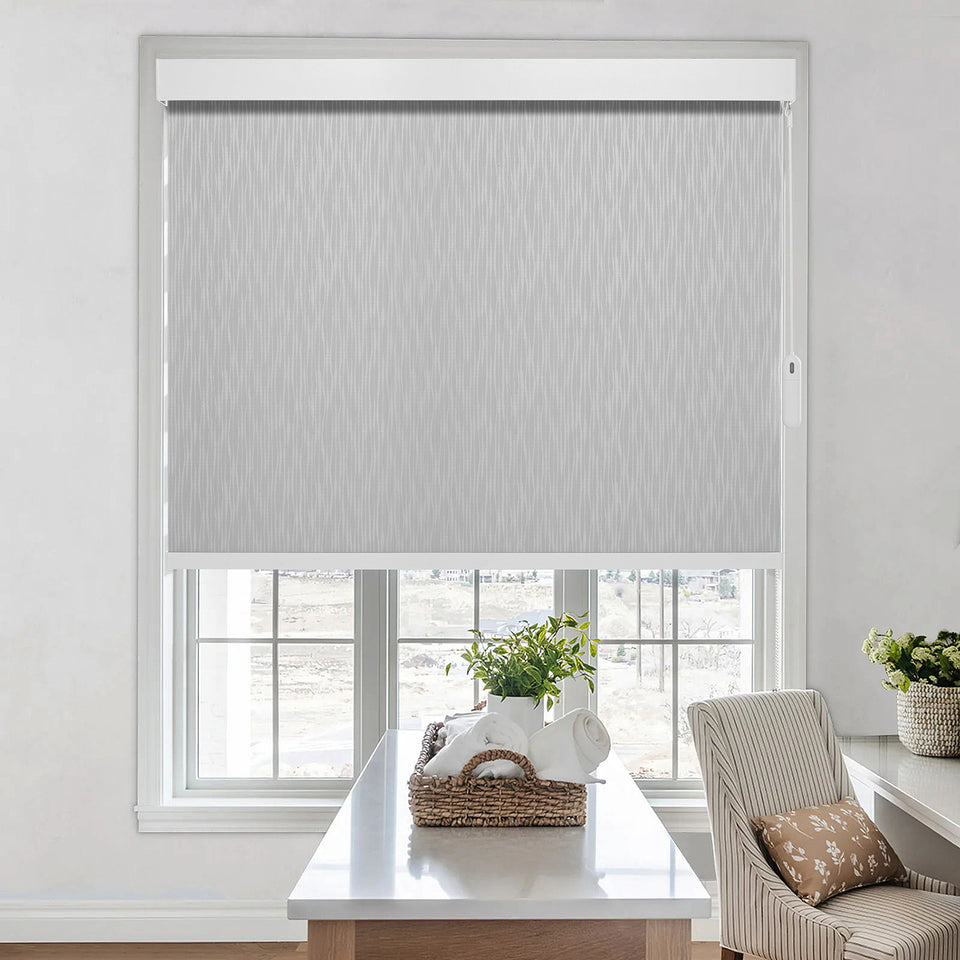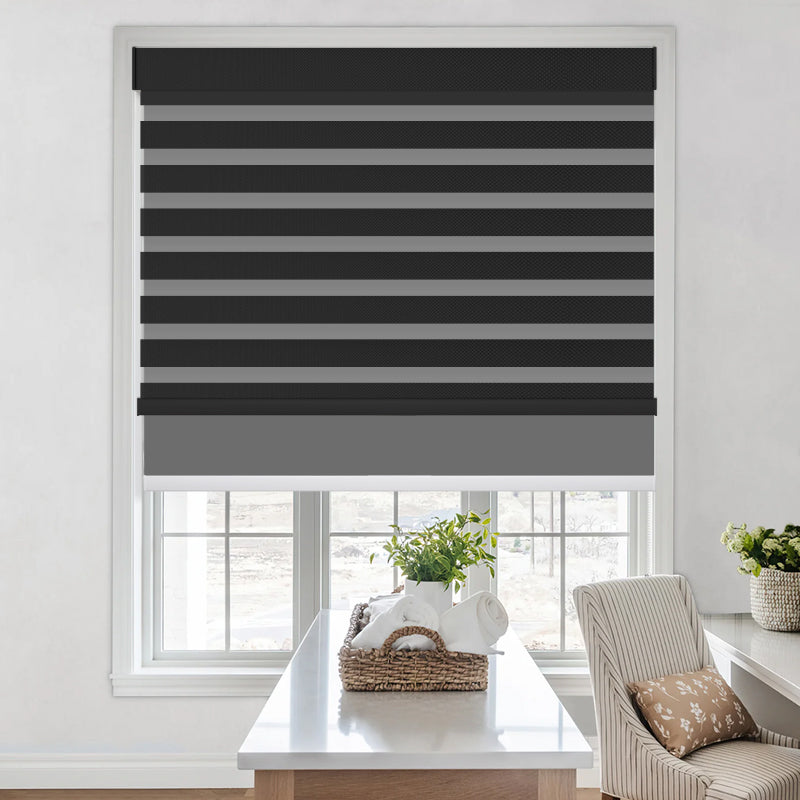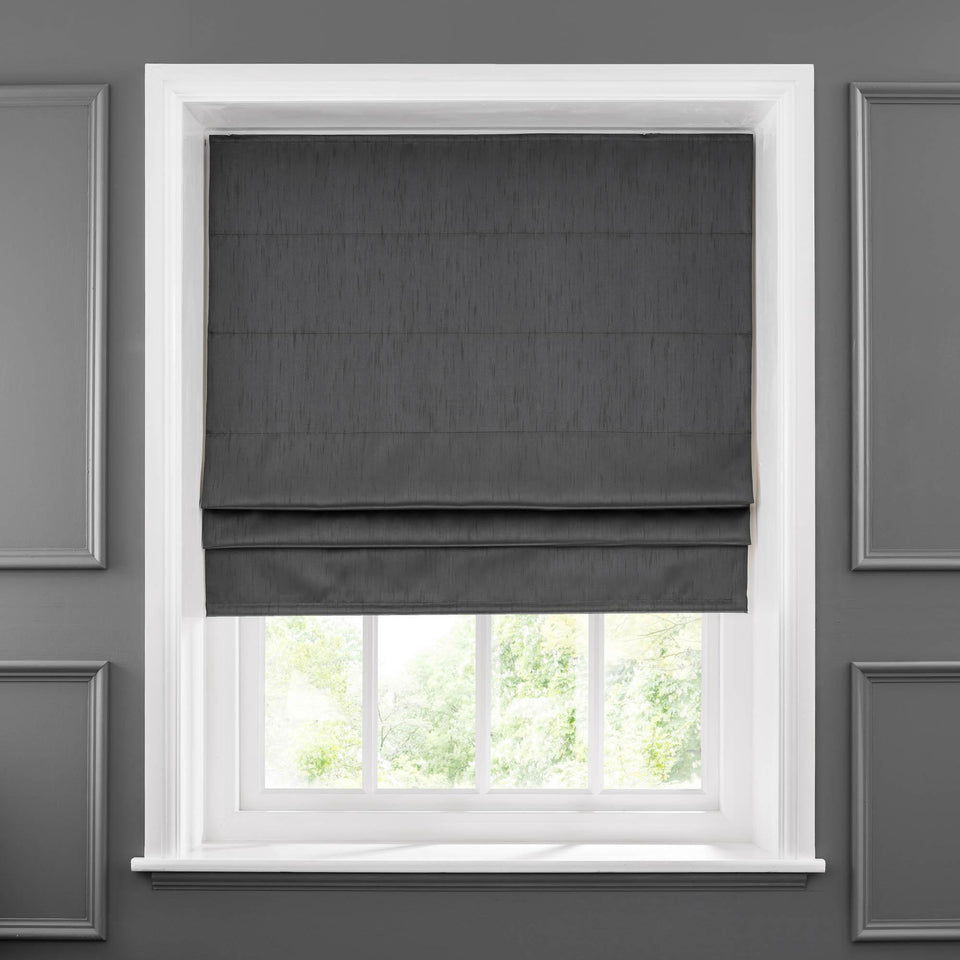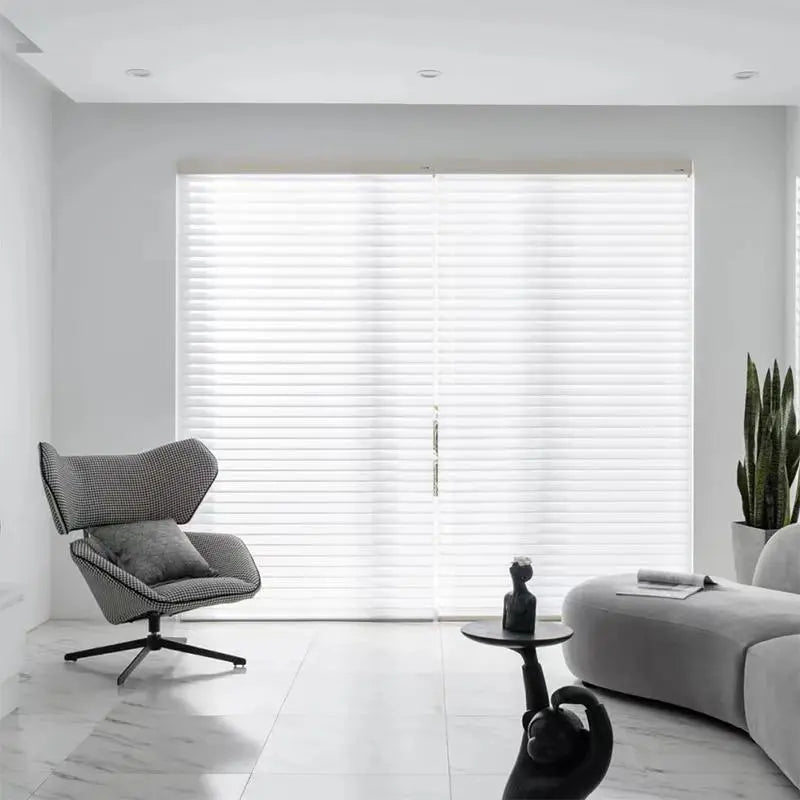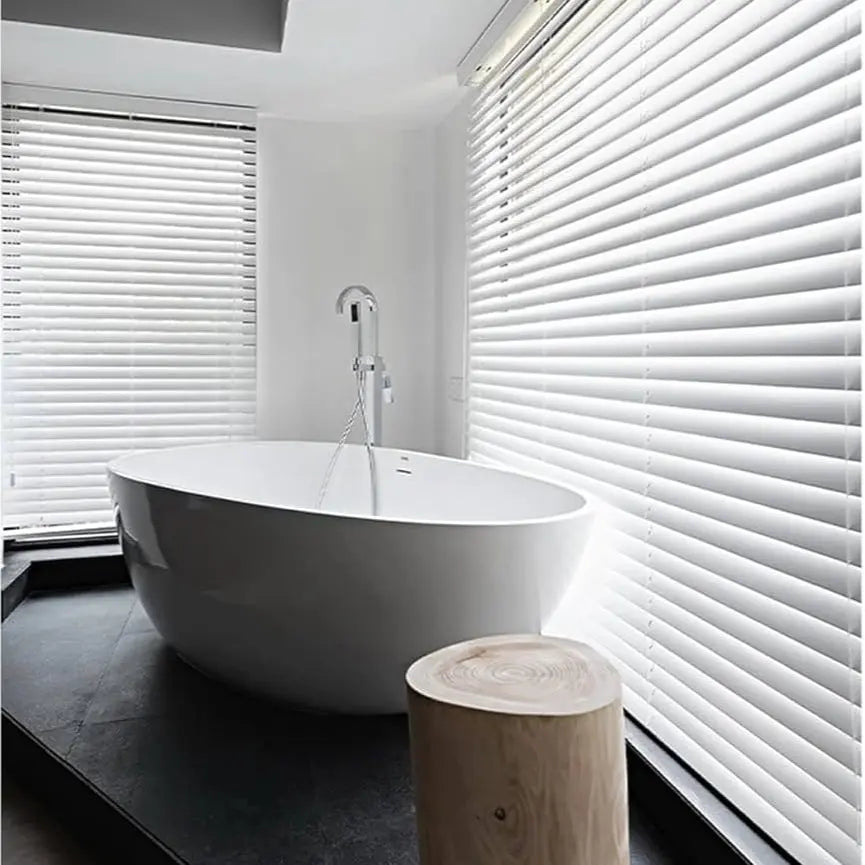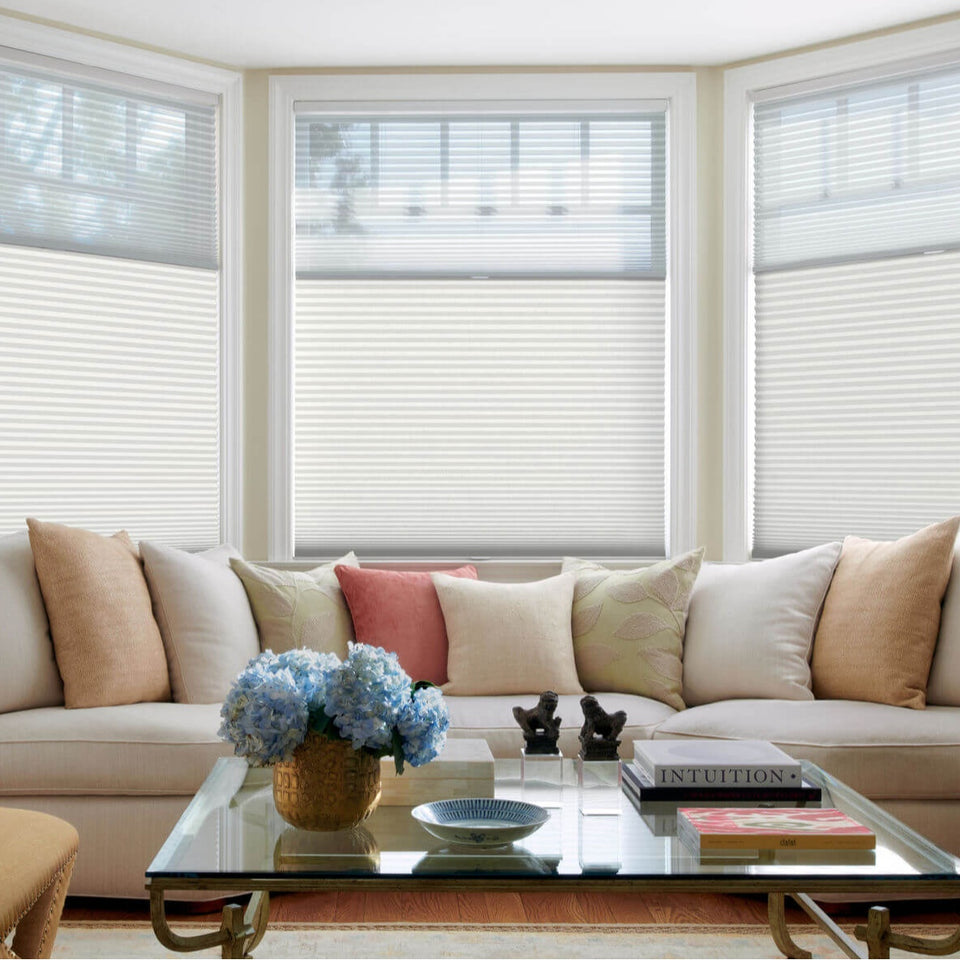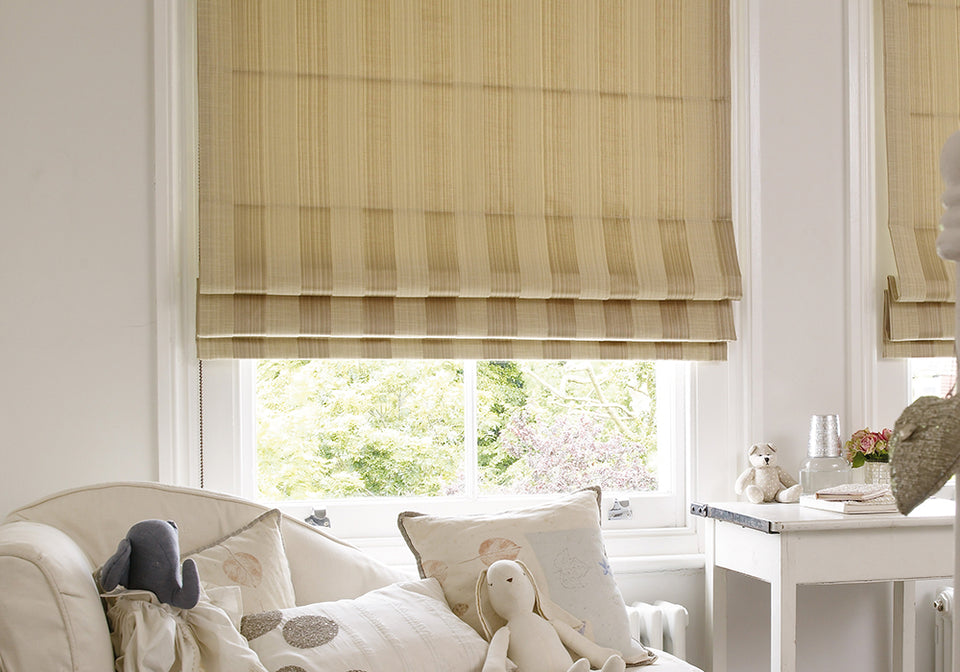Vinyl Flooring for Rental Properties: Durable and Affordable Solutions
Managing rental properties can be challenging. Landlords and property managers need flooring that is affordable, durable, and appealing. It must attract tenants and handle heavy use. Vinyl flooring is a practical option that meets these needs. This guide will explain why vinyl flooring is ideal, the types available, how to install it, and how to maintain it.
Why Vinyl Flooring is Good for Rental Properties
Vinyl flooring is a popular choice for landlords. It is affordable, strong, and versatile. Here are the main benefits:
-
Affordable: Vinyl flooring costs less than many other options. It helps landlords save on renovation expenses without losing quality.
-
Durable: Vinyl flooring handles heavy foot traffic, scratches, and spills. This makes it ideal for properties with many tenants.
-
Easy to Maintain: Cleaning vinyl flooring is simple. Sweeping and mopping regularly keep it in good condition.
-
Versatile Design: Vinyl flooring comes in many styles. It can look like wood, stone, or ceramic tiles. This allows landlords to choose designs that suit their property.
Types of Vinyl Flooring for Rental Properties
Vinyl flooring comes in several types. Each type offers unique benefits:
-
Luxury Vinyl Plank (LVP): LVP looks like hardwood. It’s perfect for creating a premium look in living rooms and bedrooms without the high cost.
-
Luxury Vinyl Tile (LVT): LVT resembles natural stone or ceramic tiles. It is water-resistant, making it ideal for kitchens and bathrooms.
-
Sheet Vinyl: Sheet vinyl is affordable and easy to install. It works well in large spaces and provides a smooth, seamless finish.
Tips for Installing Vinyl Flooring
Proper installation is important for durability and appearance. Here are some tips:
-
Prepare the Subfloor: Check the subfloor for cracks, moisture, or uneven areas. Fix these issues to ensure a smooth surface.
-
Hire Professionals: Hiring experts ensures proper installation. This reduces the chance of future repairs.
-
Choose the Right Type: Match the type of vinyl flooring to the room. For example, use waterproof LVT in bathrooms and durable LVP in living areas.
Tips for Keeping Vinyl Floors in Good Shape
Maintaining vinyl flooring is easy. Landlords and tenants can work together to keep it in good condition. Follow these tips:
-
Clean Regularly: Sweep or vacuum often. Mop with approved cleaners to remove dirt and stains.
-
Use Rugs and Mats: Place rugs or mats in high-traffic areas. This prevents scratches and wear.
-
Fix Damage Quickly: Handle repair requests promptly. Addressing small issues early prevents bigger problems. For major damage, hire professionals.
Comparing Vinyl Flooring to Other Flooring Options
Vinyl flooring has advantages over other materials. Here is how it compares:
-
Carpet: The carpet is soft but stains easily and needs frequent cleaning. Vinyl is more durable and easier to maintain.
-
Hardwood: Hardwood adds value and looks classic. However, it scratches easily and costs more. Vinyl offers a similar look at a lower price.
-
Tile: Tile is durable and water-resistant. However, it feels cold and hard. Vinyl provides a softer and warmer surface.
-
Laminate: Laminate is affordable but not water-resistant. Vinyl works better in wet areas like kitchens and bathrooms.

Balancing Cost and Looks
Vinyl flooring is affordable and stylish. Landlords can choose designs that look high-end without overspending. Thicker, high-quality vinyl lasts longer and maintains its appearance over time.
Why Vinyl Flooring Is a Smart Investment
Vinyl flooring is a practical long-term choice. It is durable, reducing the need for frequent replacements. Its low maintenance saves time and money. The wide variety of designs appeals to tenants, increasing the property’s value.
Conclusion: Why Vinyl Flooring Works Best for Rentals
Vinyl flooring offers durability, affordability, and style. It is easy to install and maintain. It works well in all areas of a rental property. By choosing the right type and following proper care practices, landlords can enhance their property’s look and save money.
For landlords seeking a practical and stylish solution, vinyl flooring is the best choice. It keeps tenants happy and protects the property’s value. Explore the options and see how vinyl flooring can transform your rental property into a durable and cost-effective space.



